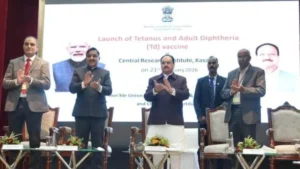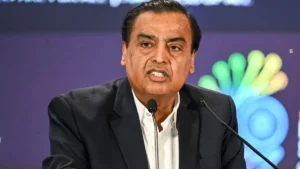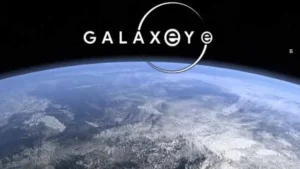The Indian Space Research Organisation (ISRO) marked a historic milestone with its 100th launch from Sriharikota on January 29, 2025. The GSLV-F15 rocket successfully lifted off from the Satish Dhawan Space Centre at 6:23 a.m., placing the NVS-02 navigation satellite in a Geosynchronous Transfer Orbit 19 minutes after launch. This mission strengthens India’s Navigation with Indian Constellation (NavIC) system, reinforcing India’s self-reliance in satellite-based navigation.
Key Highlights of ISRO”s Launch
Launch Details
- Launch Date: January 29, 2025
- Launch Site: Satish Dhawan Space Centre, Sriharikota
- Rocket Used: Geosynchronous Satellite Launch Vehicle (GSLV-F15)
- Payload: NVS-02 Satellite
- Orbit Placement: Geosynchronous Transfer Orbit (GTO)
Significance: 100th mission from Sriharikota
- ISRO”s Achievements Over 100 Launches
- Total Satellites Launched: 548 satellites
- Total Payload Weight Lifted: 120 tonnes
- Indian Satellites: 433
- Foreign Satellites: 115
- Total Foreign Payload Weight: 23 tonnes
NVS-02 and NavIC System
- Part of: Navigation with Indian Constellation (NavIC)
- Replaces: IRNSS-1E satellite at 111.75°E
- Payload Bands: L1, L5, S bands + C-band for ranging
- Atomic Clock: Combination of indigenous and procured atomic clocks
- Purpose: Enhancing Position, Velocity, and Timing (PVT) services
NavIC Satellite System
- India’s regional navigation satellite system
- Provides two services
- Standard Positioning Service (SPS): Accuracy better than 20 metres
- Restricted Service (RS): Secure service for strategic use
- Primary Service Area: India & 1,500 km beyond Indian landmass
- Second-Generation NavIC Satellites (NVS Series)
- NVS-01: Launched May 29, 2023 (first with an indigenous atomic clock)
- NVS-02: Launched on January 29, 2025
- Future Satellites: NVS-03, NVS-04, NVS-05
Applications of NavIC
- Strategic & Military Uses
- Shipping Vessel Tracking
- Train Tracking & Safety Alerts
- Disaster Management & Early Warning Systems
- Time Synchronization for Critical Sectors
Significance of the Indigenous Atomic Clock
- Developed under ‘Make in India’ initiative
- Key for precision timekeeping in satellite navigation
- Improves accuracy of NavIC’s services
| Summary/Static | Details |
| Why in the news? | ISRO Launches NVS-02, Marks 100th Mission from Sriharikota |
| Mission Name | GSLV-F15/NVS-02 |
| Launch Site | Sriharikota (Satish Dhawan Space Centre) |
| Rocket Used | GSLV-F15 |
| Satellite | NVS-02 (NavIC Series) |
| Orbit Placement | Geosynchronous Transfer Orbit (GTO) |
| Significance | 100th launch from Sriharikota |
| Total Satellites Launched by ISRO | 548 |
| Payload Weight Lifted | 120 tonnes |
| NavIC Services | Standard Positioning Service (SPS) & Restricted Service (RS) |
| NavIC Accuracy | Position: <20m, Timing: <40 nanoseconds |
| Future NVS Satellites | NVS-03, NVS-04, NVS-05 |



 Made in India: Nadda Launches Indigenous...
Made in India: Nadda Launches Indigenous...
 Reliance Announces ₹10 Trillion AI Inves...
Reliance Announces ₹10 Trillion AI Inves...
 GalaxEye’s AI-Powered OptoSAR Satellite ...
GalaxEye’s AI-Powered OptoSAR Satellite ...








